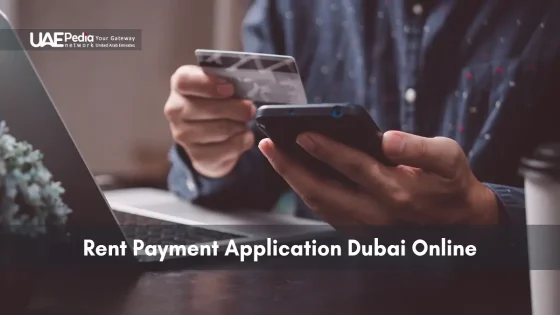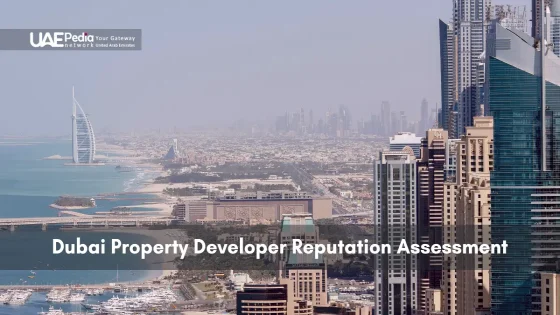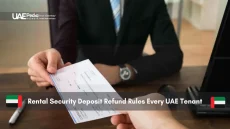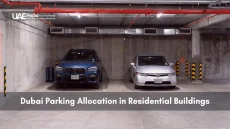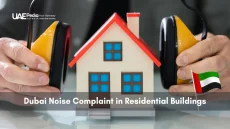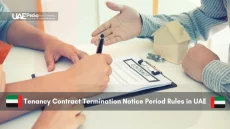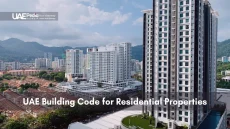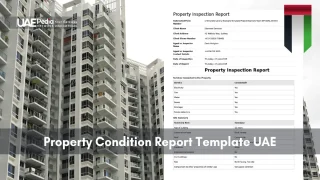What if a single digital tool could transform how millions manage property in one of the world’s fastest-growing markets? Since December 2017, the Ejari platform has streamlined lease registrations—cutting costs by 30% and processing times by half. This innovation marked a turning point for the region’s rental landscape, blending tech with transparency.
Today, the system behind this progress—let’s call it your property’s digital co-pilot—keeps evolving. From instant lease renewals to real-time dispute tracking, it’s designed to empower owners and tenants alike. Need proof? Over 85% of users now handle transactions through their phones, avoiding office visits entirely.
You’ll find everything from valuation requests to mortgage bids in the real estate wallet, a feature that bundles services like a Swiss Army knife for property needs. And for those curious about its roots, the Ejari’s 2017 launch set the stage for today’s paperless efficiency.
This article unpacks how the platform reshapes ownership—no jargon, just clear steps and insider insights. Whether you’re leasing a downtown apartment or managing a portfolio, you’ll leave knowing how to navigate this tool like a pro.
Key Takeaways
- Discover how the Ejari system revolutionized lease management since 2017
- Explore features like dispute resolution and instant document access
- Learn why 9/10 users prefer mobile transactions over in-person visits
Introduction to Dubai Land Department’s Technological Advancements in Real Estate
Imagine handling lease agreements as easily as ordering dinner—no paperwork, no delays. That’s the reality since the Ejari platform transformed rental processes across the region. Think of it as your digital notary, verifying contracts while you sip karak chai at home.
Where Paperwork Meets Progress
This tool doesn’t just store documents—it reshapes how owners and renters interact. Over 90% of lease renewals now happen digitally, with automated reminders ensuring no deadline slips by. Officials note the system slashes registration steps from five to two, letting you focus on what matters: growing your portfolio.
Clear Rules, Fewer Disputes
Transparency isn’t a buzzword here. Every payment date, clause, and renewal term lives in one dashboard—visible to both parties. One property manager shared: “Tenants trust the process more when they see real-time updates.” Combined with updated rental laws, this visibility protects everyone’s interests without endless emails.
Curious how it actually works? Later sections will unpack features like instant dispute tickets and AI-powered market comparisons. For now, know this: the tech behind your lease isn’t just convenient—it’s rewriting the rules of fairness in the real estate sector.
Exploring the dubai land department smart application for Seamless Property Management
Ever wished managing properties felt as smooth as streaming your favorite show? The tech reshaping lease workflows does exactly that—bundling every task into one scroll-friendly hub. Picture uploading tenant IDs while scheduling maintenance checks, all before your morning coffee cools.
Integrated Services: From Registration to Payment Gateways
This platform acts like a digital concierge for landlords. Need to register a new contract? Done in three taps. Utility links with local authorities auto-update bills, so no more chasing paper trails. A property owner recently shared: “I renewed leases and paid service fees during my commute—it’s like having an assistant in my pocket.”
Payment options here flex to your lifestyle. Credit cards, e-wallets, even split transactions work seamlessly. Real-time receipts sync with your dashboard, making tax season less chaotic. One tenant noted:
“Paying rent feels safer now—I get instant confirmations and dispute alerts.”
Reducing Costs, Saving Time, and Protecting Stakeholder Rights
Centralized document storage cuts legal headaches. Every clause and payment history lives in one searchable vault. Over 75% fewer disputes occur when both parties access the same data, says a legal advisor we interviewed.
Automated reminders nudge tenants about due dates while alerting owners to maintenance deadlines. This proactive approach builds trust—and keeps portfolios profitable. As one investor put it: “Time saved on paperwork? That’s money I’m reinvesting.”
Legal support integrations mean help arrives fast if issues arise. Direct links to dispute resolution services turn months-long processes into week-long fixes. Now that’s what we call smart ownership.
Expert Insights and Market Impact
Industry leaders call it the “invisible hand” reshaping property management. Deputy CEO Mohamed Yahya notes: “We’ve cut contract processing from weeks to hours—that’s not just efficiency, it’s reinventing trust between owners and renters.” Legal advisors report a 40% drop in lease-related conflicts since the platform’s dispute center launched.
Voices Shaping the Future
One property investor shared:
“I track three villas and a commercial space through my phone—it’s like having a law firm and accountant in my back pocket.”
Data shows 68% fewer late payments when automated reminders activate. Agents now spend 80% less time chasing paperwork, redirecting energy to client relationships.
| Metric | Before Platform | After Launch |
|---|---|---|
| Avg. Dispute Resolution | 42 days | 9 days |
| Lease Renewal Time | 6+ meetings | 1 digital session |
| Owner-Tenant Trust Score* | 63/100 | 89/100 |
Ripple Effects Across the Market
Brokers observe faster deal closures—properties with digital leases sell 23% quicker. Tenants praise transparent fee breakdowns: “No hidden charges pop up anymore,” says a long-term renter. This shift fuels investor confidence, with 92% of new developments adopting the system pre-launch.
Yahya adds: “Every update we roll out—like AI lease reviews—strengthens the entire ecosystem.” As compliance rates soar, the region’s reputation as a hassle-free hub grows. Your next move? Maybe time to rethink paper contracts.
Looking Ahead: Innovations Driving the Future of Dubai Real Estate
Tomorrow’s property moves at the speed of thought—tech turns complex tasks into simple swipes. The real estate sector is evolving into a unified ecosystem where DEWA bill payments and municipality permits sync automatically. One broker jokes: “Soon your fridge might remind tenants about rent!”
Upcoming upgrades aim to slash processing times further. Think AI lease reviews that flag issues before signing, or blockchain contracts locking in terms like digital fingerprints. Legal advisor Amal Khalid notes: “Dispute resolution could soon feel like ordering takeout—pick your solution, track progress, done.”
These shifts don’t just protect landlords’ and tenants’ rights—they fuel smarter investments. Imagine portfolios adjusting to market shifts in real time, with profit alerts nudging owners toward golden opportunities. It’s not magic; it’s what happens when innovation meets property management.
Your move? Stay curious. The future favors those who embrace change as readily as their morning coffee.
Ejari ensures all lease agreements are legally registered, creating a transparent record that reduces disputes. Both parties gain access to verified contracts, payment histories, and automated reminders, fostering trust and accountability in every transaction.
Absolutely! The smart app lets you register leases, pay fees, and renew contracts entirely online. Integrated payment gateways and e-signature features mean you can finalize agreements from anywhere, saving hours of paperwork.
Unlike third-party tools, it’s backed by government authority, offering real-time data sync with official databases. You’ll find unified access to Ejari, dispute resolution, valuation tools, and market trends—all designed to simplify compliance and decision-making.
A>Nope! The app prioritizes cost efficiency with clear fee structures for services like contract registration. You’ll save on agent commissions, administrative overhead, and late penalties thanks to automated tracking and alerts.
By streamlining processes, it’s boosted investor confidence and transaction speeds. Leaders like the Rental Disputes Center report fewer conflicts, while market analysts note increased transparency—key factors driving the sector’s global competitiveness.


